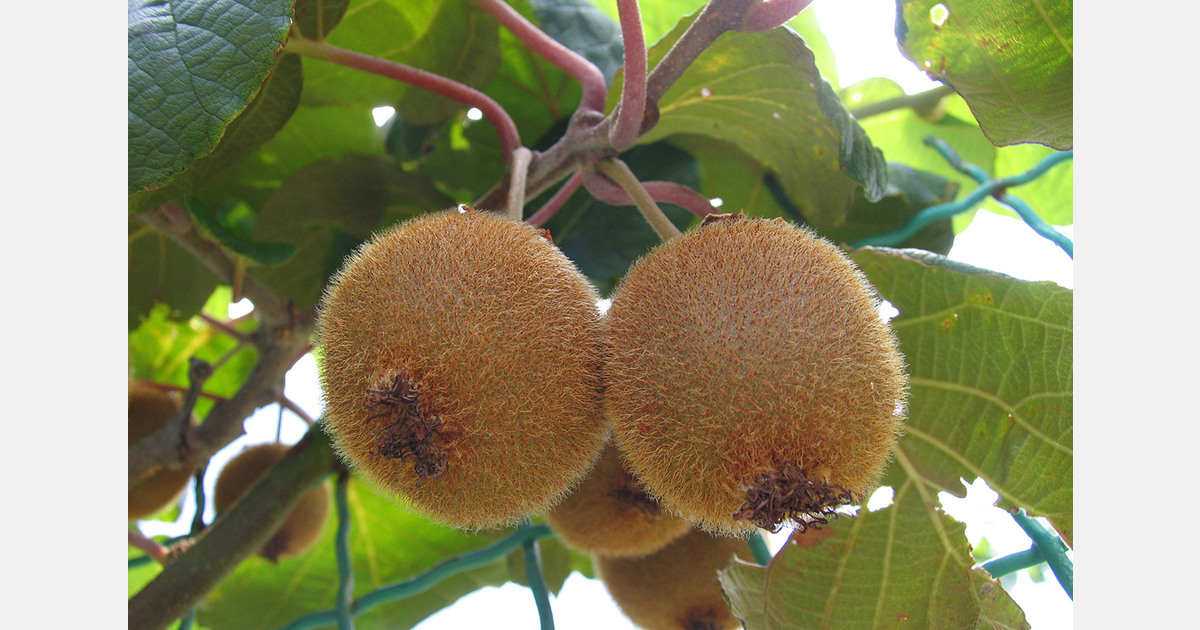
Māori Kiwifruit Growers, supported by Te Arikinui Kuini Ngā wai hono i te pō VIII, have launched their first marketing campaign in the United Arab Emirates (UAE). The initiative follows the Indigenous Peoples trade chapter included in the recently signed New Zealand–UAE Comprehensive Economic Partnership Agreement (CEPA).
The collective, formed in 2016, represents 50 Māori-owned orchards that account for about 8% of national kiwifruit tray production. Chairperson Geoff Rolleston said the group was established to increase Māori representation in the sector and reinvest marketing returns into skills and training. “We wanted to increase our voice in the industry and use our earnings to grow our people’s capability – shifting them from picking and packing into management and leadership roles,” he said.
Kiingitanga spokesperson Rukumoana Schaafhausen said the Queen’s support was built on earlier trade promotion efforts, including a trial in Hawai’i last year. “Trade and enterprise are in our DNA and a part of our culture,” she said.
First exports and campaign
Under a collaboration with Zespri and Scales Corporation-owned Mr Apple, Māori Kiwifruit Growers shipped 50,000 trays of kiwifruit, valued at about US$1.3 million, to Dubai for the current sales season. Rolleston said, “If it all goes well, hopefully we can increase that volume and those sales next season.”
The campaign includes a Legends of Aotearoa promotion, designed with Māori agency Run Creative. It features a collectible card series depicting insects, birds, and sea life from New Zealand, displayed alongside Zespri and Mr Apple fruit in Dubai supermarkets. Rolleston noted that products were displayed prominently and reported that the concept was being well received.
Marketing fees earned through the promotion will be reinvested into training and capability-building programmes for Māori growers across Te Puke, Tauranga, Bay of Plenty, Whakatāne, Ōpōtiki, Kerikeri, and Nelson.
Trade agreement context
The New Zealand–UAE CEPA, which came into effect on August 28, contains provisions recognising Māori cultural heritage and obligations under Te Tiriti o Waitangi. Rolleston said, “It paves the pathway for us to embed our own cultural elements into promotions and exports. But it really comes back to how we use those provisions, and how the Government supports us to protect what belongs to us as Māori.”
He referred to the international dispute over the “mānuka honey” name as an example of the need to safeguard Māori intellectual and cultural property. Rolleston added that Māori exporters hope to be included in future trade negotiations, including any potential deal with India.
Source: The Post
Source: The Plantations International Agroforestry Group of Companies
